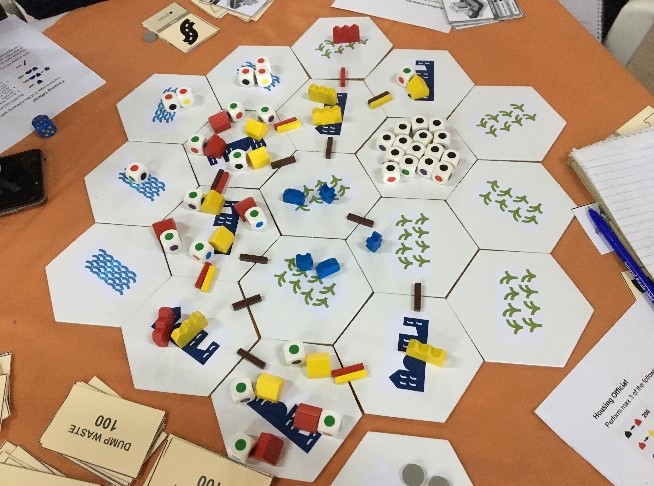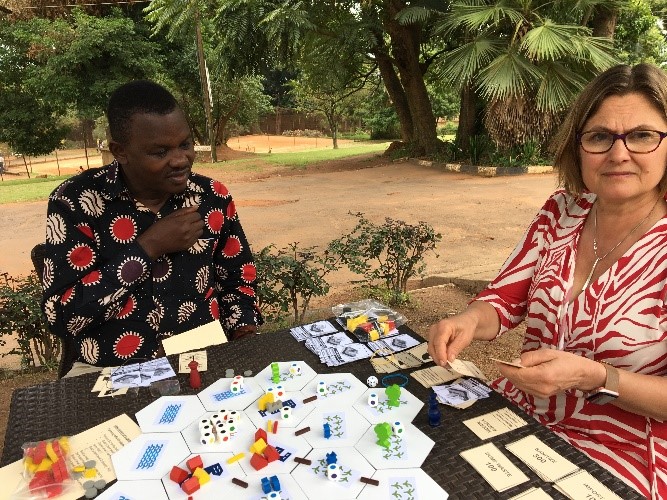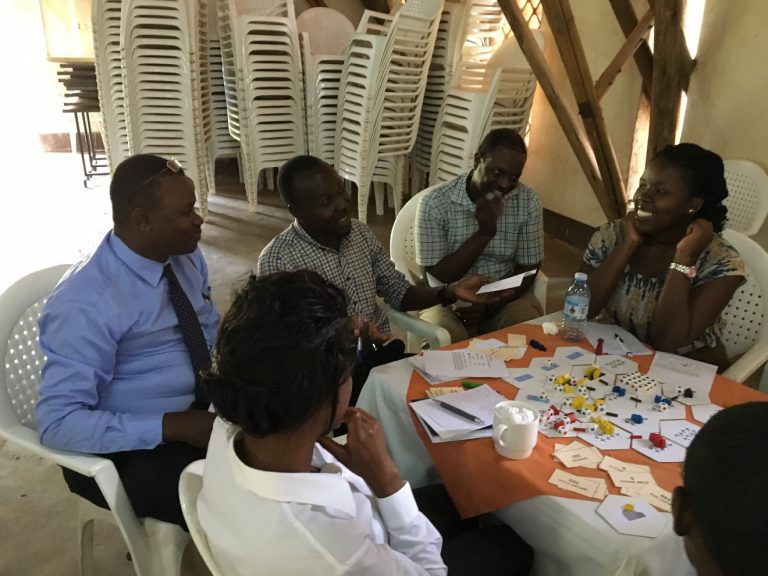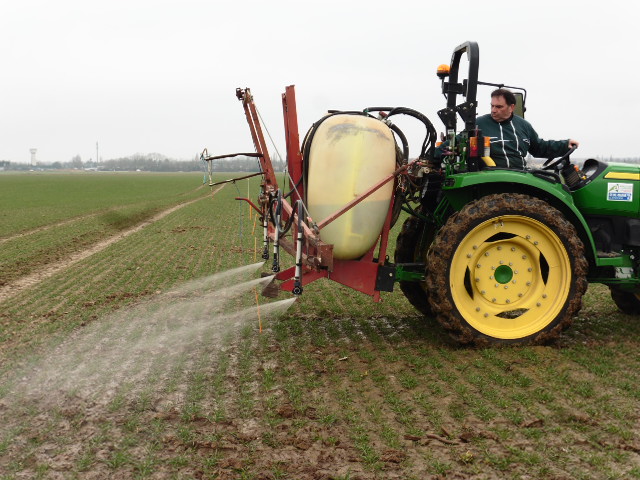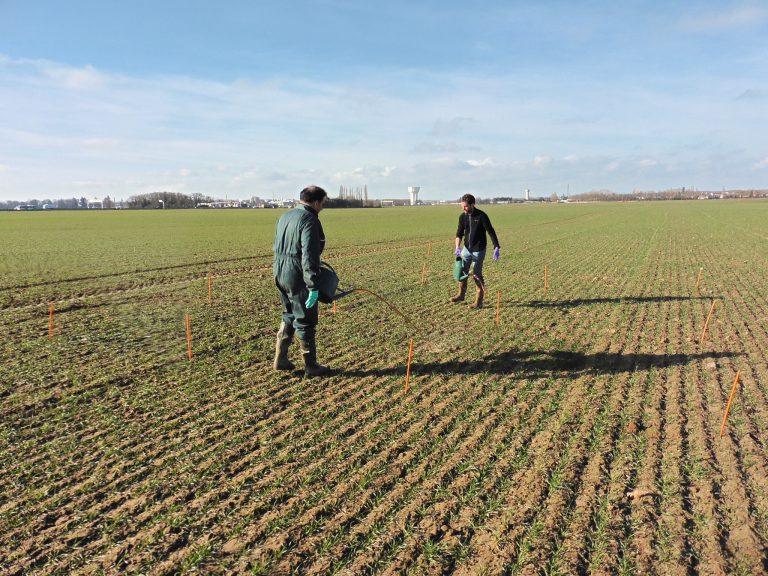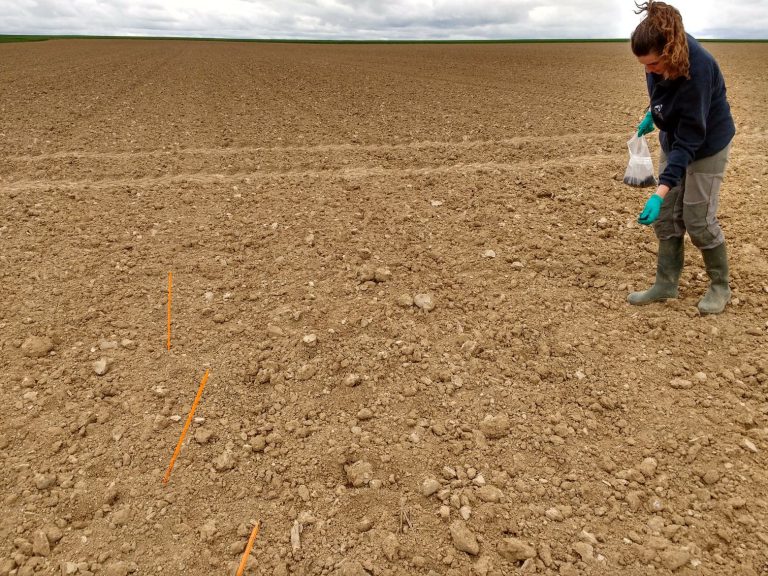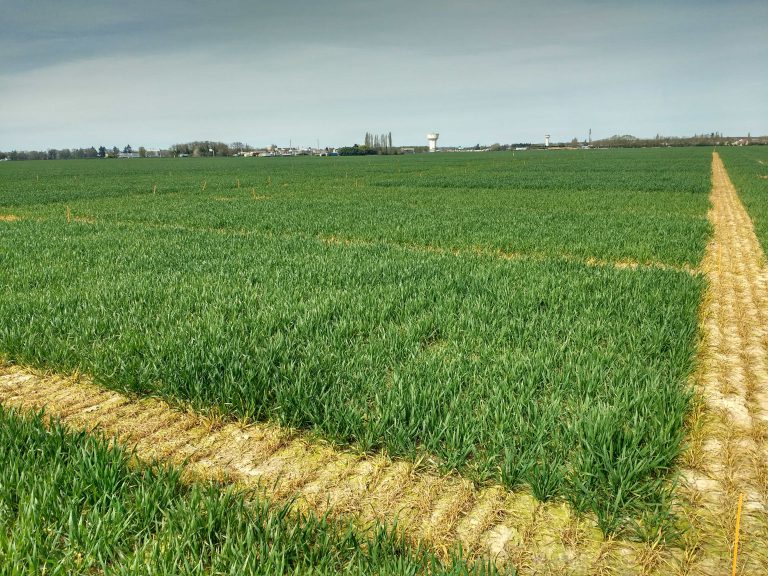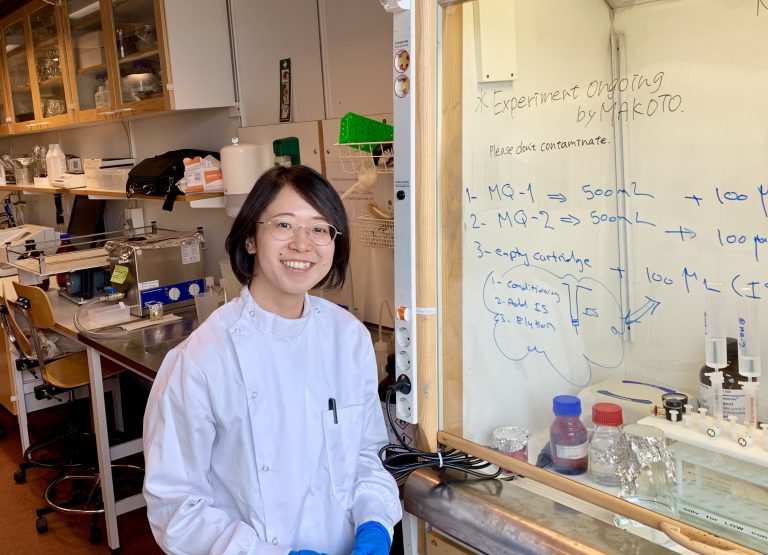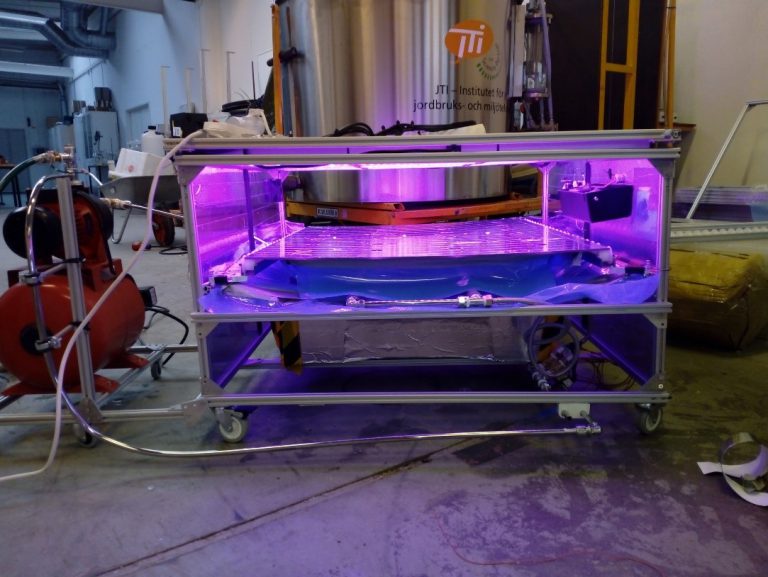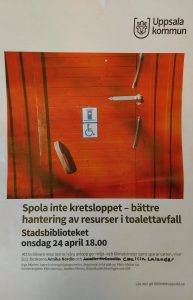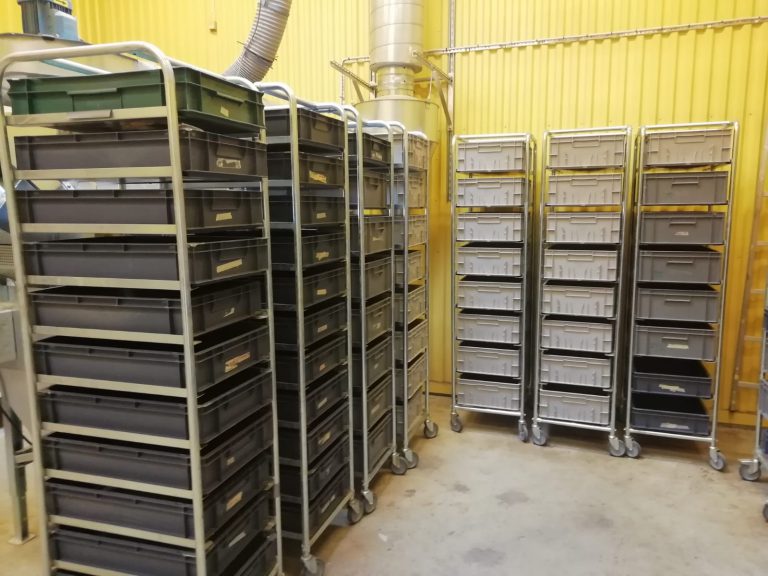
Arrangement in the pilot plant
Under de senaste 2 åren har kretsloppsgruppen samarbetat med avfallsanläggningen i Eskilstuna för att behandla matavfall med hjälp av den amerikanska vapenflugans larver. Med denna teknik som har utvecklats inom gruppen under de senaste 10 åren försöker vi uppnå att återvinna näringsämnena i organiska avfallsflöden och återinföra dem in i näringskedjan genom att producera foder för boskap. Genom detta samarbete har en pilotanläggning satts upp med målet att behandla 1 ton matavfall per dag. Efter att med framgång ha uppnått en stabil produktion av 1 miljon minilarver per dag i flugkolonin på SLU så var nästa steg att behandla 1 ton matavfall med larverna på pilotanläggningen. Utöver att vi lyckades med att behandla 1 ton matavfall per dag så lyckades vi nyligen att fördubbla mängden behandlat matavfall till 2 ton per dag. Just nu är vi tillbaka i labbet för att analysera resultaten.

